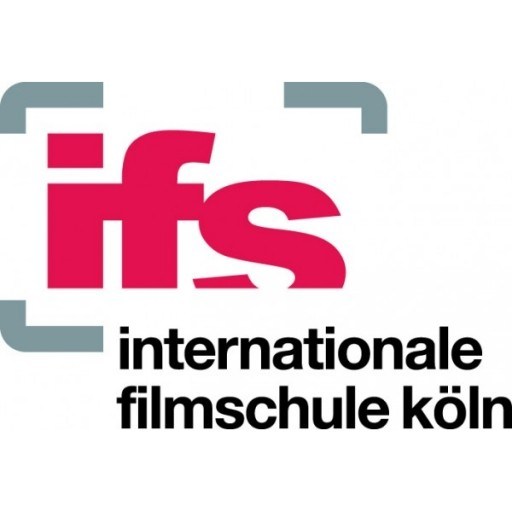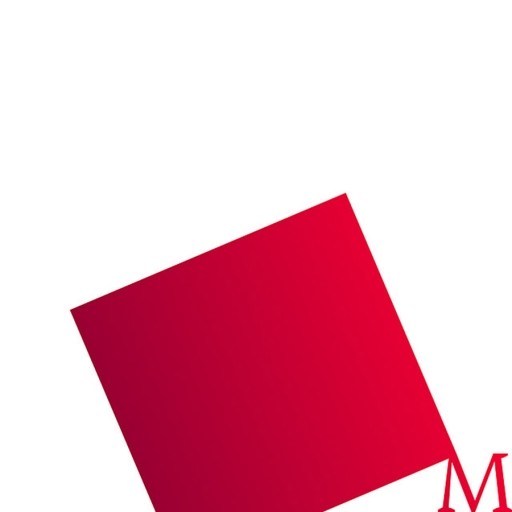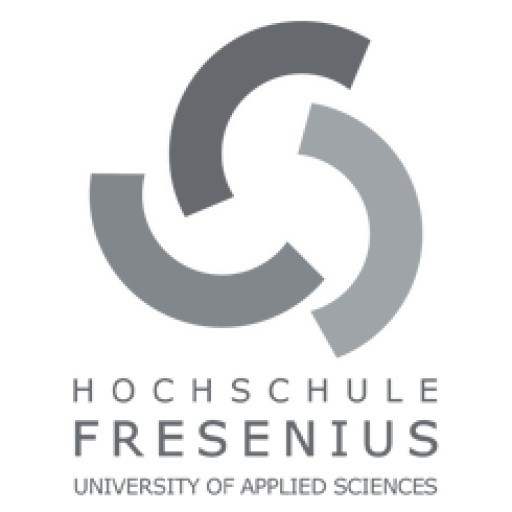Photos of university / #filmschule_koeln
Digital Narratives at the International Filmschool Cologne offers a comprehensive and innovative curriculum designed to equip students with the critical skills and creative expertise necessary to develop, produce, and analyze immersive digital stories across various platforms. This program focuses on the intersection of storytelling, technology, and interactive media, fostering an environment where students can experiment with cutting-edge tools such as virtual reality, augmented reality, 360-degree video, augmented storytelling, and interactive installations. The curriculum emphasizes both theoretical foundations and practical applications, ensuring that graduates are capable of conceptualizing compelling narratives and translating them into engaging digital experiences.
Students will explore diverse aspects of digital storytelling, including narrative structure, user experience design, multimedia production, and audience engagement, while also gaining technical proficiency in relevant software and hardware. The program encourages interdisciplinary collaboration, enabling students to work on cross-media projects that integrate film, animation, game design, and interactive art. Throughout their studies, students will have access to state-of-the-art facilities, including motion capture studios, VR/AR hardware, and motion graphics labs, providing a hands-on learning environment. Additionally, students are supported in developing their own individual projects, which serve as a portfolio showcasing their innovative approach to digital storytelling.
The faculty comprises experienced professionals from the fields of film, media arts, game design, and digital technology, offering mentorship and industry insights that prepare students for careers in a rapidly evolving media landscape. Graduates of the Digital Narratives program are equipped to pursue careers as interactive storytellers, digital content creators, virtual reality filmmakers, media consultants, and researchers. They are also prepared to contribute to the development of new narrative formats and participate actively in the digital transformation of media production and consumption. With a strong emphasis on experimental practice and interdisciplinary collaboration, the program aims to nurture creative practitioners who are capable of shaping the future of digital storytelling.
Educational organisation
Students work in an interdisciplinary and collaborative environment, use methods of art and science for the design of their stories, and develop narrative strategies and communication processes based on the audience and users. The theory trains students' aptitude for critical thinking, and serves as an inspiration for the practical projects in connection with opportunities and responsibilities. This invites students to self-reflect on their attitudes and perceptions.
Semester 1: Analysis and Consolidation
The first semester focuses on the analysis and consolidation of the project idea. The students classify their project ideas in a context through a general and comparative historical and technological analysis. They explore their topics and the methods they could potentially use, both historically and through a comparison with existing projects. Theoretical and practical events help the students prepare their project.
Semester 2: Development and Perspective
In the second semester, students revise their projects based on the results of their research and with the help of the advanced capabilities acquired throughout their studies. Part of this step is to perform a concrete trans-media design of the project and integrate more forms of expression, media and technologies into the concept. Students also develop potential business models and entrepreneurial approaches. At the end of the semester, a decision is made on the extent of the project's implementation in the further course of study.
Semester 3: Design and Implementation
Depending on the nature of their projects, in the third semester students create a proof of concept, a prototype or the final version of their projects on the basis of previous work.
Semester 4: Documentation
Students complete their studies with a Master's thesis and a project presentation.
Events such as case studies, seminars, and workshops will be held in English.
Course objectives
The programme aims to support students to graduate into self-confident, team-oriented leaders for future-oriented art and media work in industry, science, and culture.
Language requirements
Applicants need to provide proof of their English language skills (B2 level of the Common European Framework of Reference for Languages, e.g., by a TOEFL score of 87 points (Internet-based) or equivalent test results.) Native English speakers are exempted from this requirement.
Academic requirements
Prerequisites for obtaining the Master's degree are a Bachelor's degree or an equivalent academic degree with proof of at least 180 credit points according to the ECTS or a higher degree, at least one-year experience in a subject-related professional practice after the BA degree, and excellent English skills.
Enrolment fees
One-time registration fee: 400 EUR
Costs of living
Approx. 800 EUR per month to cover personal expenses
Funding opportunities within the university
For financial assistance to cover tuition fees and/or living expenses, first-semester students may apply for an interest-free loan from "The Friends of the ifs internationale filmschule köln Society". Approval of the interest-free loans depends on the funds available as well as on the applicant's financial situation. Repayment of the loan begins six months after graduation/termination of studies.
"The Friends of the ifs internationale filmschule köln Society" also offers second-semester students one scholarship for outstanding academic achievement. The scholarship runs until the end of the Master's programme. It covers the tuition fees as well as an additional monthly allowance up to 500 EUR to cover living expenses (up to a total of 9,000 EUR), paid throughout the course of studies until completion of the Master's programme.
Digital Narratives at the International Filmschool Cologne offers students an innovative and comprehensive education in the evolving field of digital storytelling. This program is designed to equip aspiring filmmakers, storytellers, and digital media creators with the necessary skills to develop compelling narratives across various digital platforms. Students engage with a mix of theoretical foundations and practical approaches, learning to craft stories that utilize emerging digital technologies, including virtual reality, augmented reality, interactive media, and immersive experiences. The curriculum emphasizes interdisciplinary collaboration, encouraging students to experiment with different media and storytelling techniques to push the boundaries of conventional narrative forms.
Throughout their studies, students benefit from the school's strong focus on hands-on experience, working on real-world projects and industry collaborations to prepare for careers in digital storytelling, media production, and new media arts. The programme also covers essential topics such as scriptwriting, digital editing, sound design, visual effects, and user experience design, ensuring a rounded education in both the artistic and technical aspects of digital narratives. The faculty comprises experienced professionals from the fields of film, media arts, and digital technology, providing mentorship and industry insights that help students develop innovative projects and build professional networks.
Graduates of the Digital Narratives program are expected to be capable of creating innovative digital content for entertainment, education, marketing, and artistic expression. They will possess a versatile skill set that allows them to adapt to the fast-changing landscape of digital media and storytelling. The program emphasizes experimental approaches, encouraging students to challenge traditional form and content to develop fresh, engaging narratives that resonate in a digitally connected world. With access to cutting-edge equipment and facilities, students are empowered to explore new creative horizons and produce high-quality digital stories that can reach a global audience. The International Filmschool Cologne’s strong industry ties and emphasis on international perspectives prepare students for successful careers in the global digital media industry.








